
The participants didn’t pull punches in discussing issues such as security, politics, and the bilateral security agreement (BSA). The accord has been negotiated between the U.S. and Afghanistan to ensure a limited continuing presence of American troops to continue training the Afghan army and conducting anti-terrorism operations. Karzai has said he wants to postpone signing the agreement, but the U.S. has said a delay could make it impossible to prepare for a follow-on force once the current NATO-led contingent withdraws at the end of 2014.
USIP has emphasized the imperative for a peaceful, credible election result to help propel Afghanistan’s transition. The participants featured in the photos, ranging from students to tribal elders and civic activists, are identified by first name only (some Afghans use two names as the given name). Their occupations and locations have been omitted for security reasons, though they hail from throughout Afghanistan.
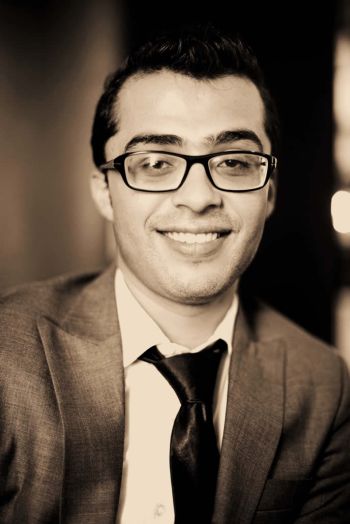 |
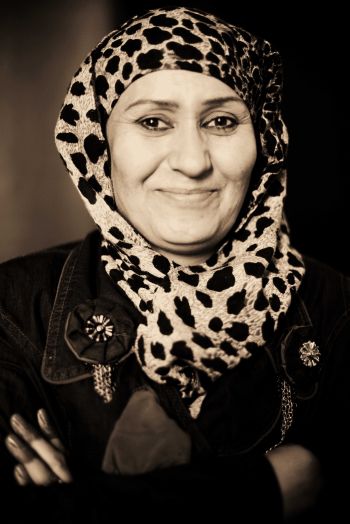 |
|
| Emal Asifi: The bilateral security agreement [BSA] needs to be signed for the elections to be a success. And then we need more confidence in the government and the parliament. The younger generations’ role in all this is to vote, to observe, and to complain. | Anis Gul: Increase the number of polling sites and put security in the hands of [the provincial chief of police]. He is the only one that can secure the elections [in the province]. | |
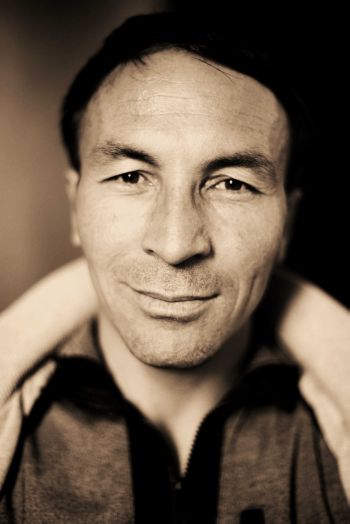 |
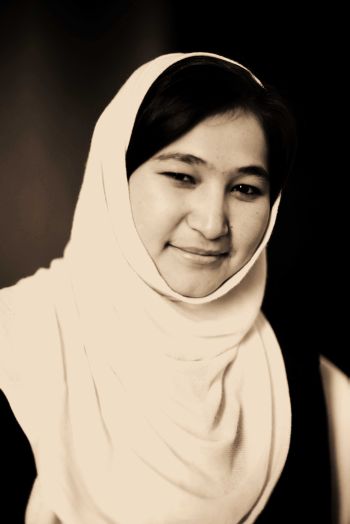 |
|
| Ibrahimi: The government needs to send clearer messages that the elections will even happen. And we have to resist calls for postponement, even if the weather is bad. | Soraya: The key is getting voting cards to the younger generation and especially women. Then we just need to raise awareness consistently. Everything that we keep repeating we can make real. | |
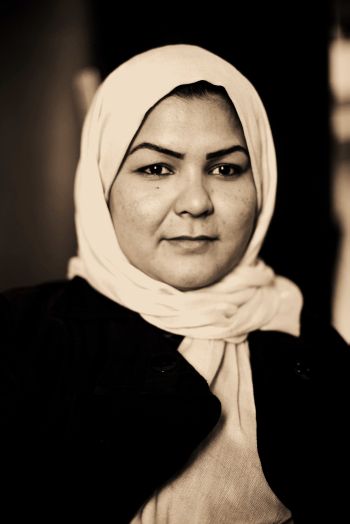 |
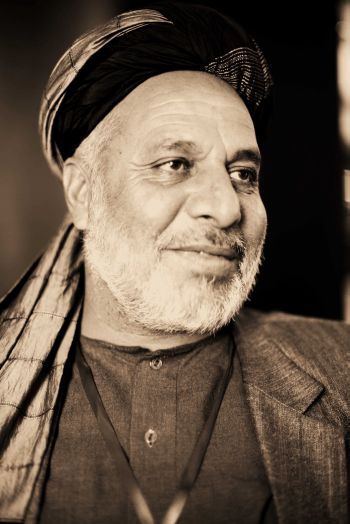 |
|
| Fawzia: Keep the militias away from the polling sites. During the last elections, commanders were getting paid $6,000 to fire rockets at polling stations of rivals. | Khan Sayed: If the constitution is upheld and the BSA is signed, then the elections will be held, I am sure of it. If the BSA isn’t signed, the people will remain confused and voter turnout will be low. | |
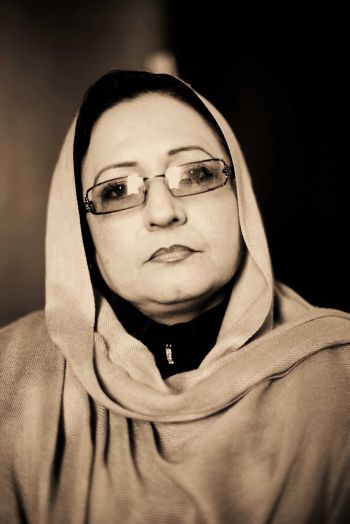 |
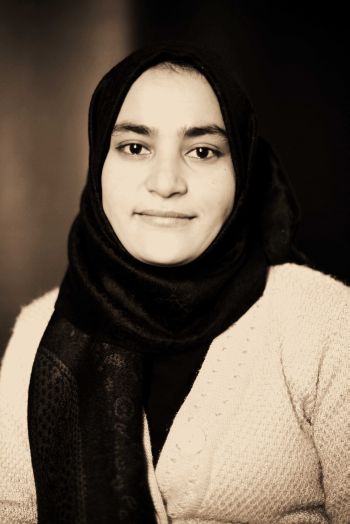 |
|
| Amina: Security. The province I am from -- no one knows if the U.S. is leaving or staying. We’ve been disappointed with the internationals, but the BSA is needed and will be the one thing that can pave the way for the elections. | Yalda: The keys are security, good weather, and female participation. In [my province], snow may be a problem. But we cannot postpone the polls at this stage. We have to go forward. | |
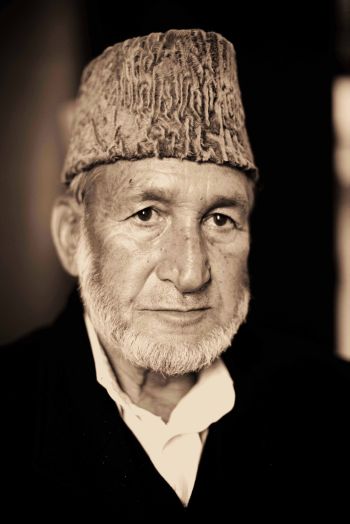 |
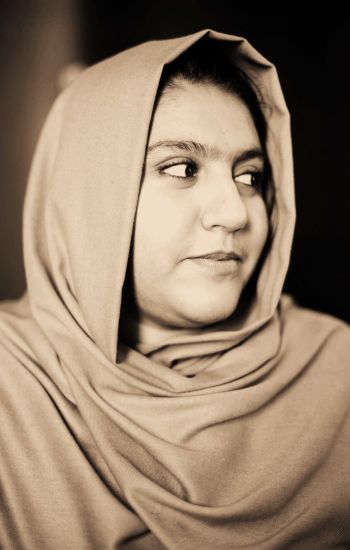 |
|
| Mohammed Asif: We need to continue to raise awareness not just of the elections but of the democratic process. And we need more transparency from the government, and to demand from it a long-term agenda. Back in the time of Daud Shah, I was a district governor … and the government had a 10- year agenda, so that I knew that even if a project wouldn’t benefit me it would benefit my son. Yes, we were poor then, but we weren’t confused and worried all the time. | Magma: We must change the mindset of the people who didn’t win in the last elections and who are currently poisoning the process just because they didn’t win. We need to educate people that the [Independent Election Commission] is not responsible for the elections -- they are responsible for the logistics of the elections – [and correct the idea] that the elections are somehow part of this government -- they are independent of the government. To get this message across, outreach through mullahs and elders is better than media roundtables. The first thing that is said on these shows is positive, the second thing is 50 percent negative and, by the third statement, the tone is 100 percent negative. | |
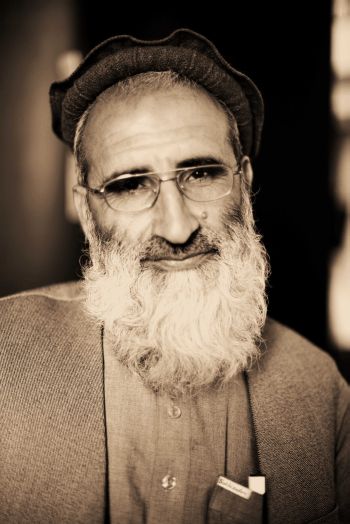 |
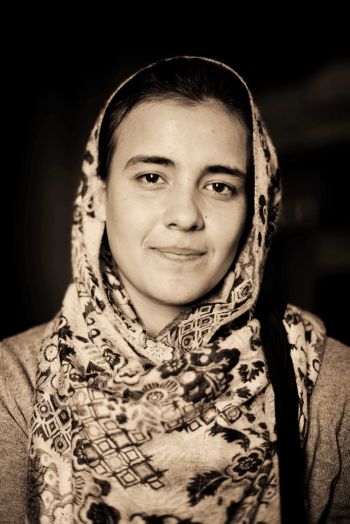 |
|
| Saidullah: The government security services need to work very closely with the local communities to establish security around polling sites. Neither the government nor the internationals will be able to secure the polling sites unless they reach out to the communities as soon as possible to coordinate security. | Shughnia: Until six months ago, I hadn’t given the elections much thought. But then I looked around and saw that, despite what all the politicians are saying, a lot has actually been done in the last 10 years and it was necessary that I vote to protect this. I think the key is an active younger generation--we have a clear role in monitoring polling sites and raising awareness. |
Casey Garret Johnson is a USIP senior program officer and Sanaullah Tassal is a program officer. Both are based in Kabul.



